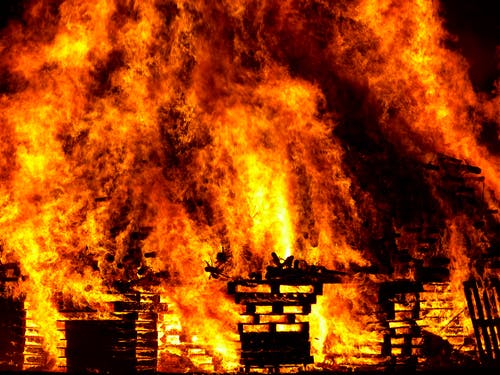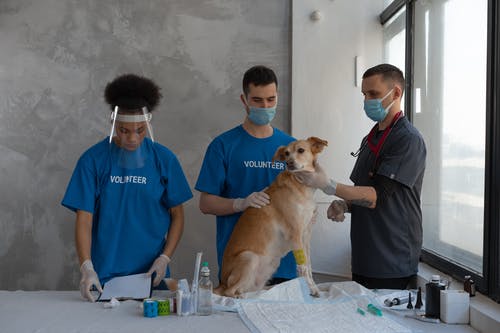A house fire can be among the most traumatic and damaging experiences. While caring for your health and safety first is important, plenty of other actions must be taken as soon as possible to protect your home and belongings. Or else you may be at risk of suffering even more financial losses.
Below are five things you should do immediately after a house fire:
1. Call Your Local Fire Department
The initial step after a house fire is to call your local fire department. Ensure the fire is completely extinguished before leaving your property, as smoldering embers can reignite and cause more damage. You should also ask for a copy of the report generated by the firefighters. This usually contains essential information, such as what caused the blaze in the first place.
This report can be used to file insurance claims and receive compensation for any damages suffered. In many cases, firefighters use water to put out the fire. As such, you must be aware of potential damages, like water damage or mold. If you see any of these problems, you should call professional water and mold removal services for assistance.
2. Contact Your Insurance Company
Once the fire has been extinguished, contacting your insurance provider is next. Your insurance provider will send an adjuster to assess the damage and provide you with a settlement deal for any damages sustained in the fire. The insurance adjuster can also aid you in identifying which materials are salvageable and what needs to be replaced.
Moreover, they can help guide how to proceed with repair work and restoration after the fire. Some insurance providers can even recommend reliable property restoration professionals. If you need such services, see this link or seek recommendations from the people around you.
3. Document Everything
Take pictures or videos of the damaged areas in your home as soon as possible after the fire. But you have to wait until the firefighters have announced it is safe. Photos and videos are necessary for documenting the damages and providing evidence for your insurance claim.
4. Secure Important Documents and Valuables
If it’s safe to do so, try to secure any important documents and valuables that may have survived the fire. This consists of passports, birth certificates, insurance policies, and other official documents. Any financial records must also be protected or replaced immediately. Furthermore, you should take inventory of any items damaged or destroyed in the fire. Once more, this is important for filing insurance claims and receiving compensation.
5. Secure Your Home
You must also secure your house from further damage or theft. If your home is structurally sound and safe to enter, shut all windows, doors, and other openings. Think about deploying temporary fencing to protect the property from mischief-makers and criminals if the house is badly damaged.
If you notice suspicious activities at or around your house, reach out to your local police division to report these. This way, they can monitor the situation until repairs can be made.
6. Engage Other Professionals to Assess the Damage
If the damage is severe, arrange for professionals, such as a structural engineer, electrical expert, plumber, or property damage restoration contractors, to evaluate the damage. They can accurately determine what needs to be repaired and replaced to restore your residence to its pre-fire condition.
7. Take Care of Yourself and Your Family members
It’s easy to forget about yourself after a terrible event similar to this. But you must take care of yourself and your family during recovery. Reach out for assistance from family, close friends, and community support groups. Get enough rest and look for professional help if you feel overwhelmed.
Final Thoughts
Dealing with the aftermath of a fire can be too much to handle and stressful. But these tips can assist you in preparing to face the recovery process. Reach out for help when needed and comply with your insurance company’s instructions to make sure you obtain full compensation for any damages incurred. Most importantly, take your time making decisions and get professional advice first. This will help ensure everything is done correctly and your house is restored safely.





